The Impact Of Technology On Curiosity
Understanding the impact of technology on curiosity suggests that we first understand the role of curiosity in the learning process itself.
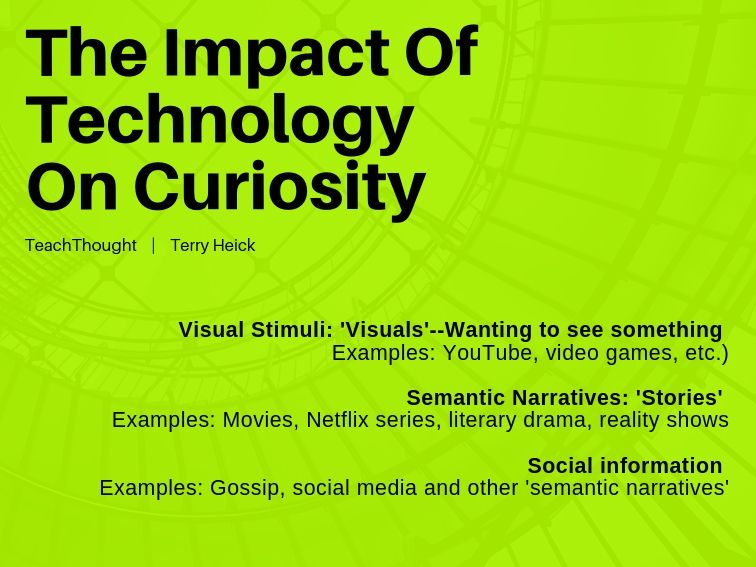
Understanding the impact of technology on curiosity suggests that we first understand the role of curiosity in the learning process itself.

The benefits of a work-study program include flexible scheduling and the ability to gain non-academic skills & experience outside of class.
Carl Sagan’s ‘The Pale Blue Dot’ has been the voiceover for countless YouTube videos over the years, but this one is the best I’ve seen.
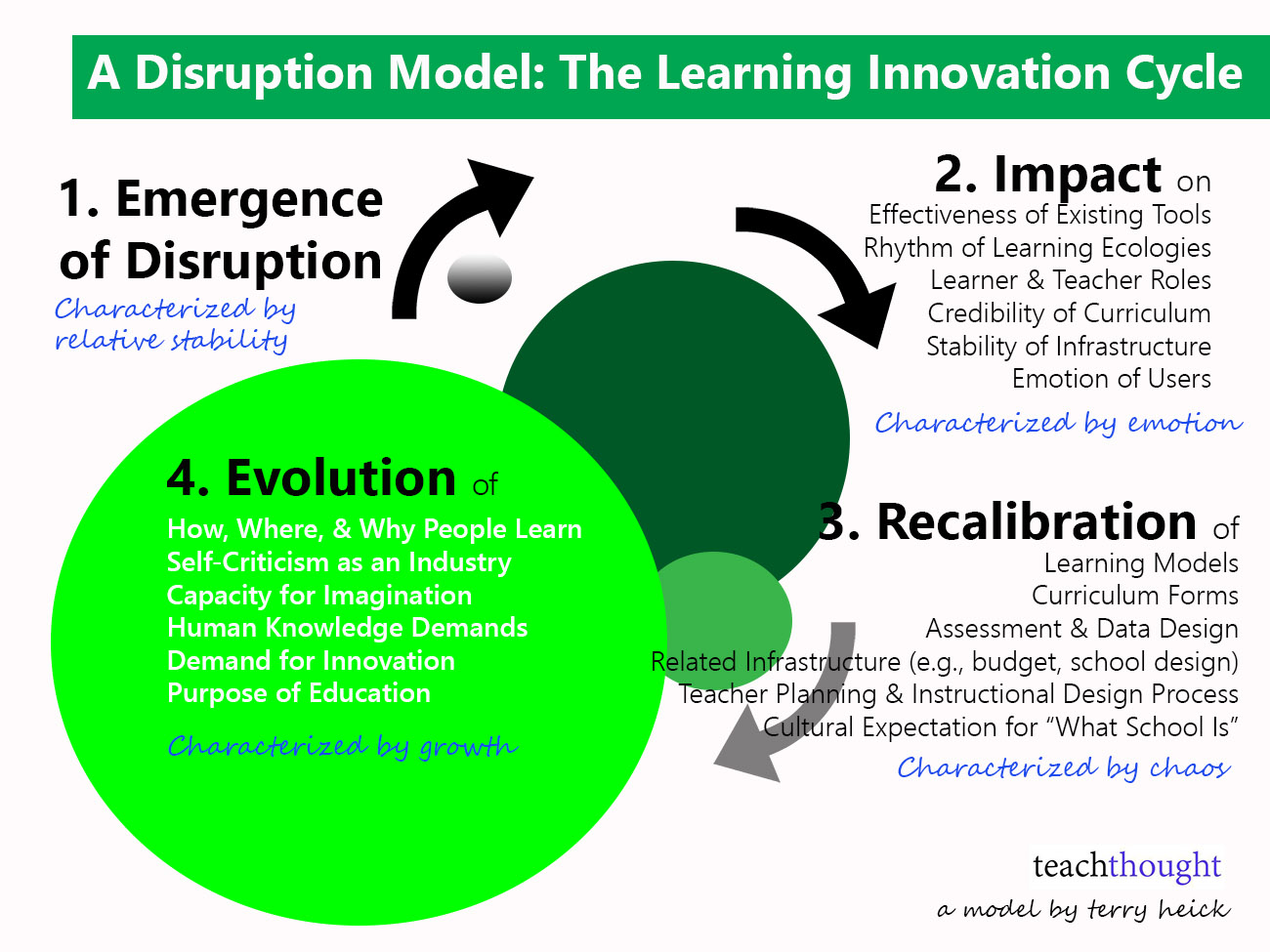
One goal for disruption in education could be the ongoing emergence of new ideas–new learning models, content, new strategies and thinking.
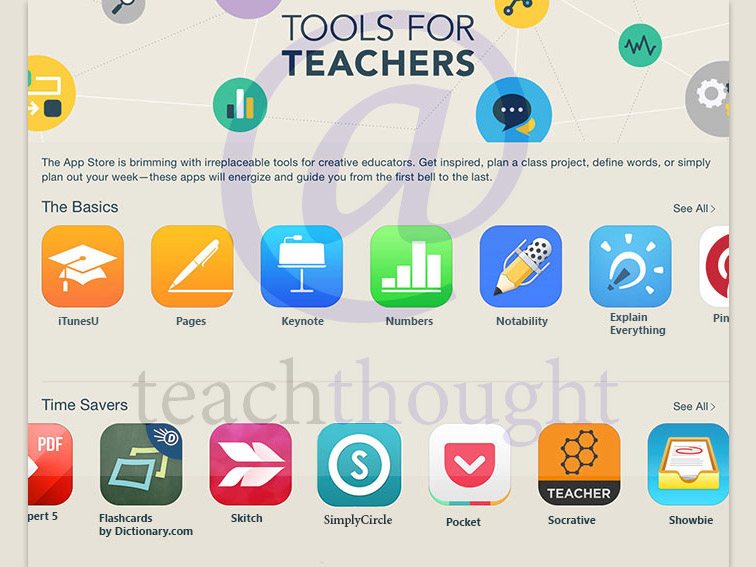
From grading to file sharing and communication tools, the best organization apps for teachers all have one thing in common: they save time.
Reading is personal but we often focus on the mechanics instead of the people and the strategies instead of the living and breathing happening around us.
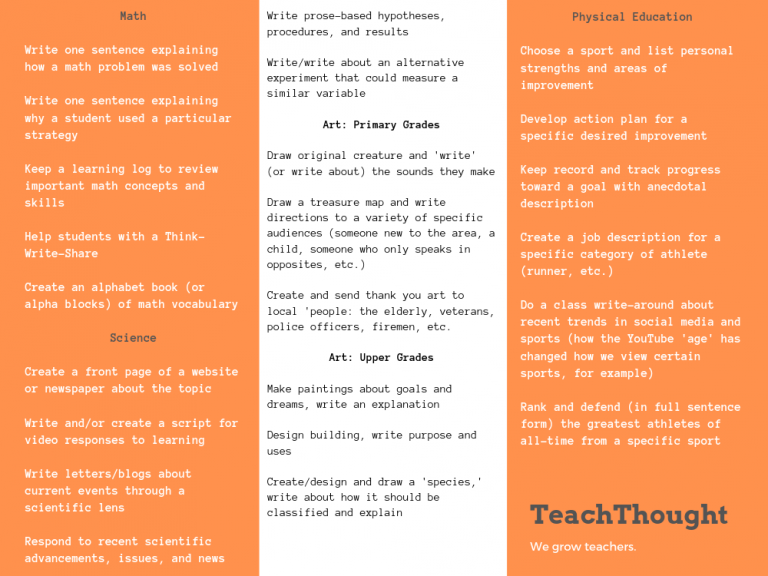
Writing in other subjects can be accomplished with strategies like layering, where students build background knowledge and learn vocabulary.
Libraries are brilliant because books are brilliant. How we organize books deserves scrutiny as technology changes things.
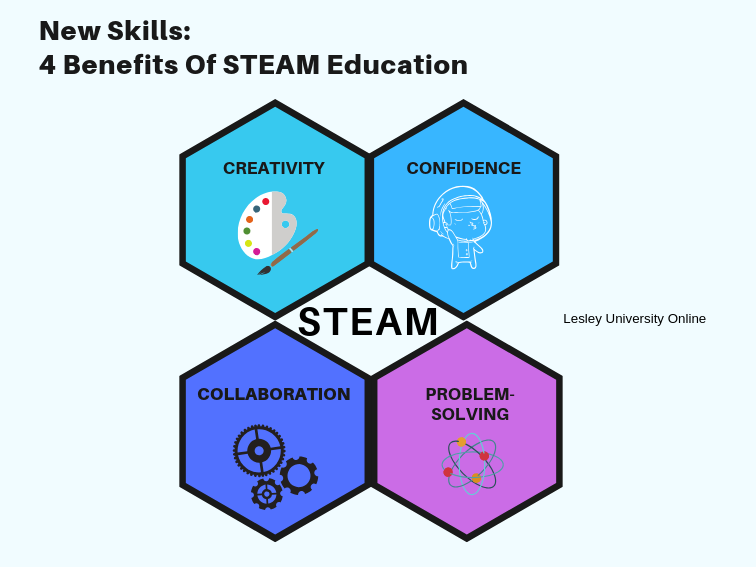
Arts integration stimulates deep learning, creates increased student engagement, and cultivates students’ investment in learning.
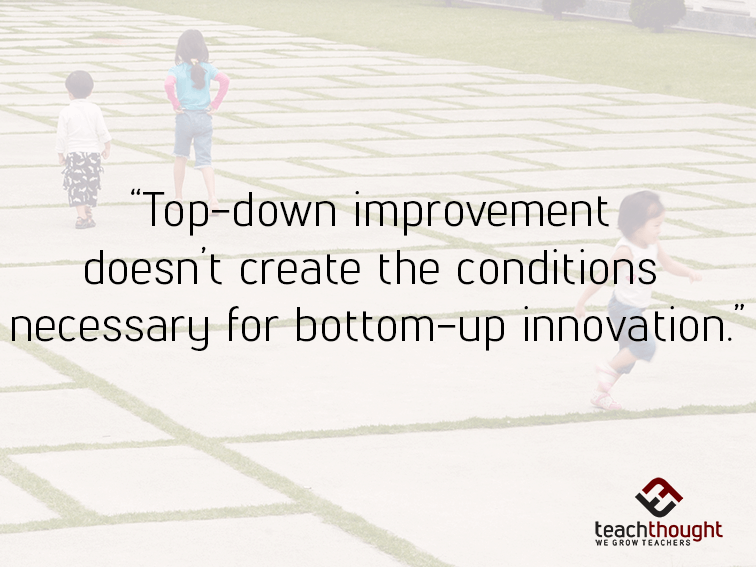
Public education isn’t naturally built for innovation. Here are some of the barriers that are reducing innovation in schools.
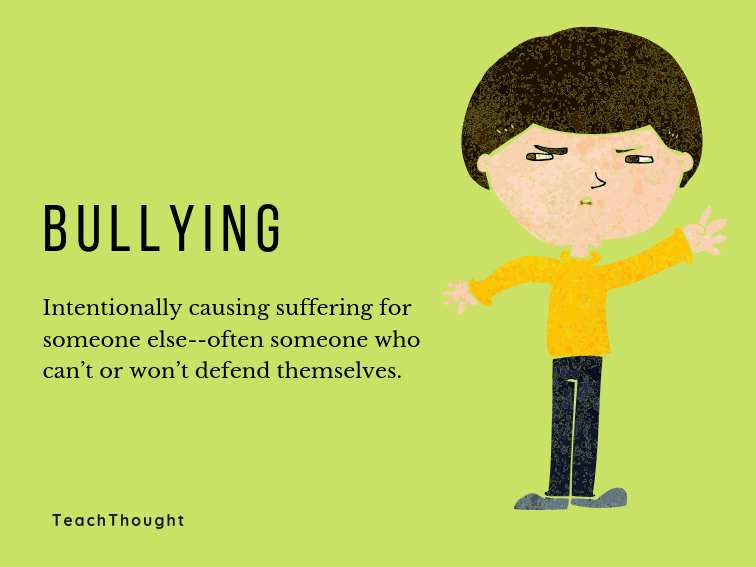
So what’s a simple definition for bullying? Intentionally causing suffering for someone else who often can’t or won’t defend themselves.
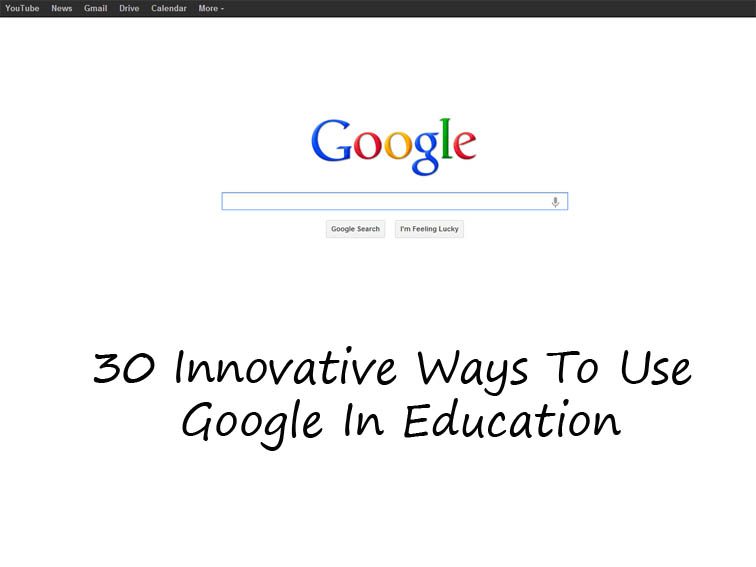
Here are 30 ways to use Google search in the classroom to help improve students’ ability to self-direct the digital research search process.
End of content
End of content